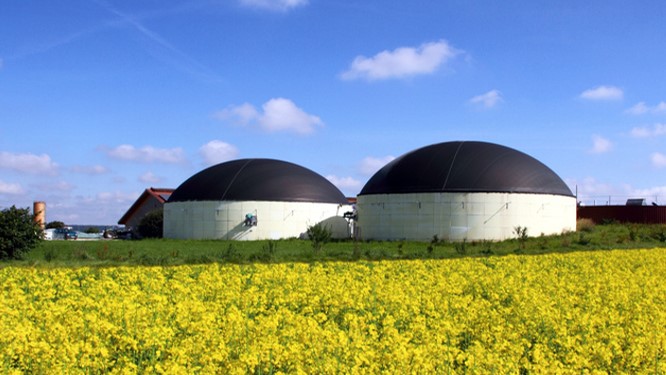The city of Querfurt (12 000 inhabitants, Saxe-Anhalt) was facing various challenges putting at risk its economic and energy future. It had an ageing, gas-fuelled, inherited district heating (DH) grid, from which some large customers had been gradually disconnecting due to the fixed costs increase, linked to decreasing demography and the increasing attractiveness of standalone or alternative solutions. Heat prices were high and kept growing, and the city was in the need for a new concept and business model to upgrade and modernise the DH system.
To address this challenge, Tilia worked in close cooperation with a broad spectrum of local stakeholders, including potential heat off-takers or energy producers, but also partners and all users or residents potentially affected by some of the envisaged solutions-in such fields as housing, agriculture or city development. Following a holistic assessment of all energy scenarios and potential projects, taking into account city scenarios (demographics, city development, economic development…), a complete benchmarking of those projects and solutions based on economic, environmental, and social welfare criteria was established with the municipality.
The preferred scenario consisted in the construction of a new biogas plant, and of a CHP plant fed with locally available agricultural waste, combined with other organic inputs. The increase in the number of heat customers, and new electricity sales, allowed for those new investments to find their return, and for the grid to be upgraded. The operation of the new DH system was taken on by a newly founded local DH company.
The project had a significant impact in the local economy. Its implementation resulted in a 30% heat bills reduction, a 40% CO2 reduction in the DH system and an increased energy self-sufficiency, reaching 30%. The economic return and local value creation were evaluated ex-post, demonstrating high returns for public investors and other stakeholders (farmers, local suppliers, new SPV…). Besides, new jobs were created to run the biogas plant. This global scheme also enabled jobs within the DH operating company to be secured. Through this project, the city was able to develop its energy skills and has continues working with Tilia on eco-districts and decentralized generation projects.
CLIENT
City of Querfurt
CALENDAR
2009 – 2013
CONTACT





